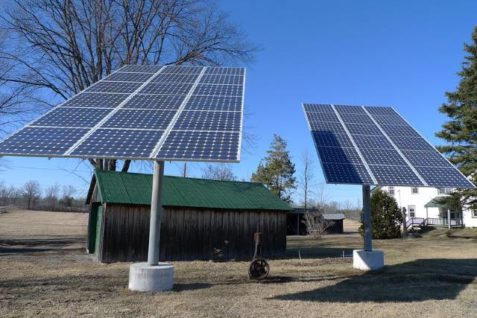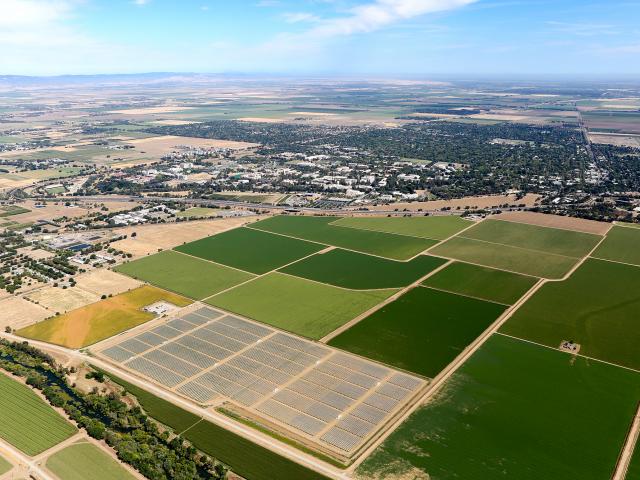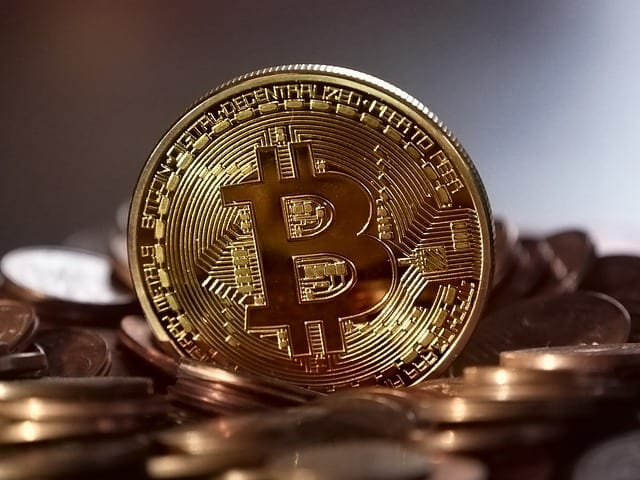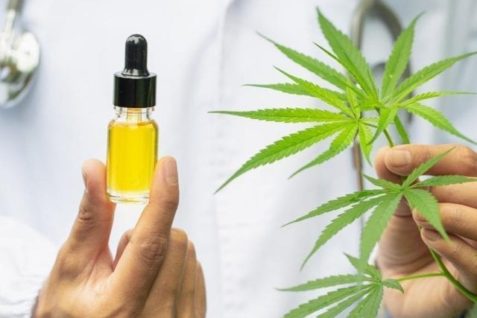
Hemp Seeds – Good For Body?
Today we share with you some of the health benefits of hemp seeds, ideal food for vegan or vegetarian diets. Many people consider hemp seeds as a superfood because they have …
Today we share with you some of the health benefits of hemp seeds, ideal food for vegan or vegetarian diets.
Many people consider hemp seeds as a superfood because they have a rich nutritional profile and provide a number of health benefits, so we are facing one of the healthiest sources of vegetable fats and proteins are known today.
Although hemp seeds come from the Hemp sativa plant, they do not produce any mind-altering effects as they come from the industrial hemp plant, rich in many cannabinoids but none psychoactive.
These small brown seeds are a good source of protein, fiber, and healthy fatty acids (omega-3 and omega-6). They also possess antioxidant effects and can reduce symptoms of numerous ailments, improving heart, skin, and joint health.
In this post, we look at the various benefits of hemp seeds:
What are the main nutritional contributions of hemp seeds?
Protein:
Hemp seeds are super rich in protein, for every 30 grams, or about 3 tablespoons, there is 9.46 g of protein, providing all nine essential amino acids.
Amino acids are the building blocks of all proteins. The body does not produce nine of these acids on its own, so a person must incorporate them through diet.
Few plant-based foods are a complete source of protein, making hemp seeds a valuable addition to a vegetarian or vegan diet.
Hemp seeds are especially rich in an amino acid called arginine, which has benefits for heart health as it can lower cholesterol by improving the capacity of the circulatory system, as well as stimulating the release of growth hormone.
Unsaturated Fats:
Hemp seeds are a great source of essential fatty acids, such as alpha-linolenic acid (ALA), which is an omega-3.
The health benefits of polyunsaturated fats, essentially omega-3 fatty acids, are becoming increasingly well known.
The body cannot produce essential fatty acids and must absorb them through the diet. They are crucial for long-term health.
The ratio of omega-3 to omega-6 is also important.
In general, people tend to eat too much omega-6 and too little omega-3, but adding hemp seeds to the diet can help promote a balance.
According to the results of a 2015 animal study, incorporating hemp seeds and their oil into the diet of hens resulted in eggs with higher levels of omega-3s in the yolks and a healthier omega-3 to omega-6 ratio.
In addition, hemp seeds are low in saturated fat and contain no trans fats.
Fiber:
Much of the fiber in hemp seed is found in its outer hull or shell. If possible, buy hemp seeds with the hulls intact. Please visit their website, for more support and resources about Hemponix CBG.
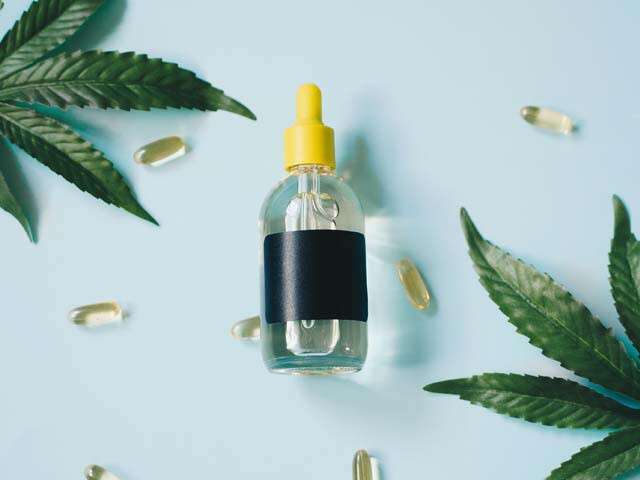
However, even without the hull, hemp seeds are a good source of fiber, with three tablespoons containing about 1.2 g of fiber.
Consuming enough fiber each day can:
- reduce appetite
- help with weight control
- work to stabilize blood sugar levels
- promote bowel health
- Minerals and Vitamins
Hemp seeds contain an impressive array of vitamins and minerals and are especially rich in:
- Vitamin E
- Magnesium
- Phosphorus
- Potassium
- Iron
- Zinc
- Niacin
- Riboflavin
- Thiamine
- Vitamin B-6
- Folate
Health Benefits of Hemp Seeds
In addition to nutritional benefits, some research suggests that hemp seeds have a wide range of positive health effects.
Here are a few examples:
Protecting the brain.
A study published in the journal Food Chemistry found that hemp seed extract has antioxidant effects in laboratory tests. These effects may be the result of the cannabidiol (CBD) content of the seeds.
Results from a 2018 review suggest that CBD and other compounds in the seeds may have neuroprotective and anti-inflammatory effects and may also help regulate the immune system.






